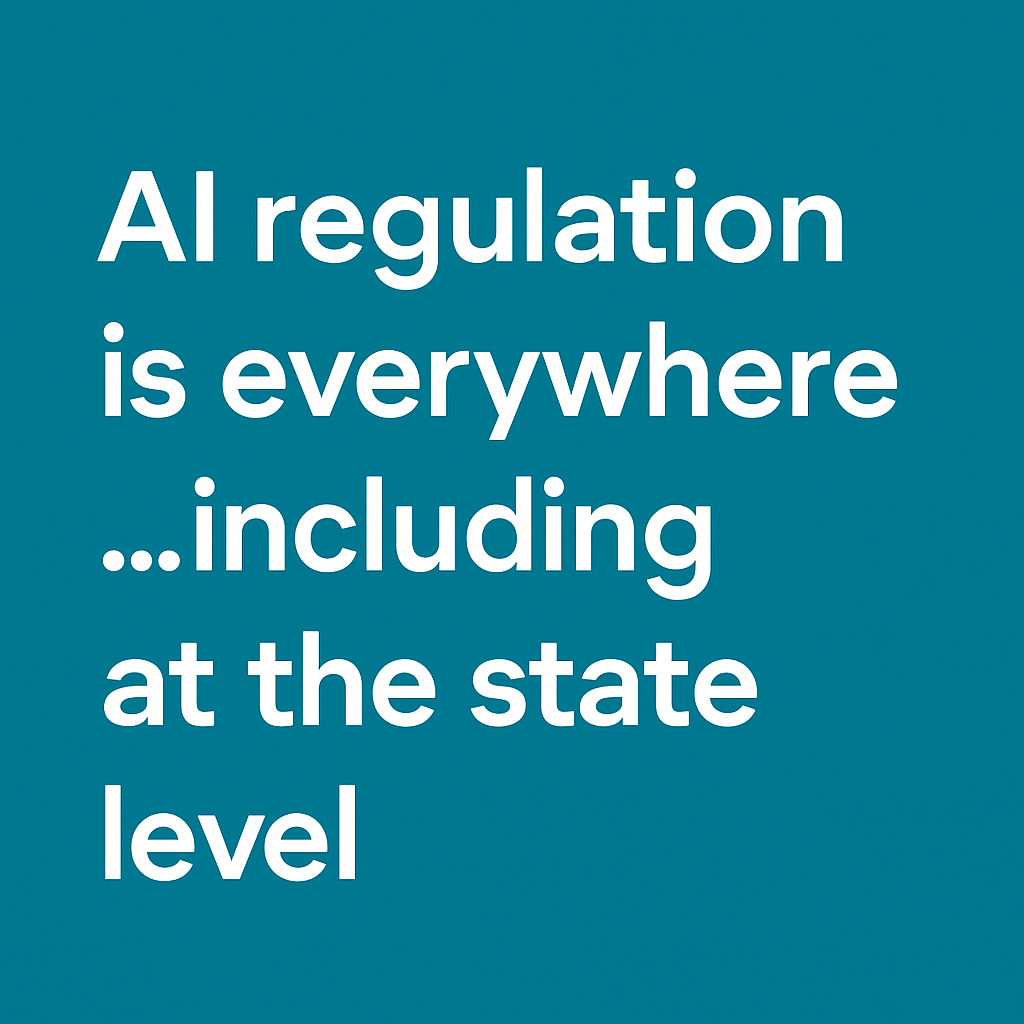With the rise of misinformation over the last handful of years, trust and credibility have become more important than ever. Brands must work harder to earn and retain consumers’ trust, especially if artificial intelligence (AI) is involved. That isn’t because AI is inherently untrustworthy; rather, it’s because, like with any new technology, it’s important for companies to educate consumers on AI’s role and benefits. As many of us know, AI presents challenges alongside immense opportunity and potential.
In response to the heightened demand for trust and the concerns surrounding AI, responsible AI principles have emerged as a strategy for addressing AI challenges, building AI awareness among customers, and serving as a beacon for stakeholders internally. Additionally, since AI is here to stay, responsible AI principles lay the foundation for a brand that is credible, reliable, trustworthy, and forward-thinking.
The need for responsible AI principles
Many financial services firms have embraced AI to analyze large datasets, personalize customer experiences, streamline operations, or (in Saifr’s case) mitigate regulatory risk. Yet alongside these advancements, skepticism and doubts about AI’s ethical implications have arisen. In light of the industry’s emphasis and reliance on trust, customers and regulators alike have questioned how to use AI safely and sensibly.
This is where responsible AI principles step in. They provide a framework for ensuring that AI technologies are developed and used ethically, transparently, and with accountability. By adhering to these principles, financial firms can bolster trust, strengthen credibility, and alleviate concerns.
It’s important that responsible AI principles are socialized, too—employees, clients, vendors, and other stakeholders all have a vested interest in your business and can benefit from a deeper understanding of how you use and think about AI.
The building blocks of responsible AI principles
At their core, responsible AI principles serve to provide visibility into your firm’s unique approach to AI, from ethics to data to accountability. There are a number of areas your responsible AI principles may choose to address, depending on your organization’s priorities, projects, and positioning.
Transparency
Transparency means making AI decisions understandable to non-technical stakeholders. One method of providing transparency is through explainable AI (XAI). Financial services firms can adopt XAI techniques (such as prediction accuracy, traceability, and decision understanding) where they are able to in order to make AI decision-making processes clear. XAI can provide insights into how AI models reach specific conclusions.
Fairness
Fairness means ensuring that AI algorithms do not discriminate against any group. This is where bias mitigation comes into play. Responsible AI principles encourage firms to identify and rectify biases in their training data and algorithms. By doing so, they help ensure that AI systems provide fair, accurate outcomes.
Data security
The data used to train AI models should be ethically curated and appropriately secured. Protecting client data, regardless of its sensitivity, is vital. Responsible AI principles promote robust, documented data governance practices, helping to safeguard privacy and security.
Accountability
Clarifying that individuals and organizations (aka humans, not AI) are responsible for AI decisions is critical, if for no other reason than it simplifies auditability. A combination of XAI and keeping humans in the loop can help document the chain of accountability.
Our approach to responsible AI
At the end of the day, responsible AI principles document a firm’s alignment with ethical standards and industry best practices. They shouldn’t complicate matters or raise questions. And, of course, they should be a true reflection of your firm’s operations.
As an AI solutions provider, Saifr recognizes the pivotal role of responsible AI principles. We’re proud that our approach prioritizes human input, data protection, and innovation.
We believe…
- In the promise and power of AI technologies to net positively impact society, and we strive to realize AI’s potential with integrity, purpose, and precision.
- In the value of human creativity and knowledge. AI technologies should be designed to empower and augment professionals, so they may build more fulfilling careers and lives.
- In a human-centered approach to AI in which humans are accountable for all decisions and actions, including those made with AI. AI technologies should be assistive, not autonomous, and a human must remain in the loop at all stages.
- That transparency in data collection and use is an essential part of responsibly developing AI technologies. Algorithms and their data should be as representative and unbiased as possible.
- In personalization without invasion of privacy. This means strict adherence to data privacy laws, mitigation of privacy risks for clients, and following our moral compass while legal precedent catches up to AI innovation.
These principles live on our About page to demonstrate that our commitment to ethical AI is a core tenet of our brand ethos.
Key outcomes of responsible AI principles
Responsible AI principles can have many positive benefits that serve to elevate your brand, helping to demonstrate brand pillars and boost confidence in your products and solutions, which in turn can translate into sales. Not only can responsible AI principles build your brand, they could even help the bottom line by showcasing that your firm is:
- Credible: With responsible AI principles, financial firms signal their commitment to ethical practices and the prudent use of technology. This builds credibility among clients and regulators, assuring them that AI is developed with integrity.
- Reliable: Responsible AI principles help organizations avoid pitfalls associated with biased algorithms or black box decision-making. This reliability translates into more consistent and fair outcomes, reinforcing confidence in a valuable product and brand.
- Trustworthy: Transparency and accountability, key aspects of responsible AI, make financial firms more trustworthy in the eyes of their stakeholders. Understanding how AI decisions are made nurtures trust among clients and regulators.
- Forward-thinking: Adopting responsible AI principles signals that your firm is keeping an eye on the future, embracing innovation while ensuring ethical considerations remain at the core of your strategies.
In an industry increasingly defined by data and technology, responsible AI principles can be the linchpin that holds trust together. Not only can they help enhance your firm and brand, they naturally align with how regulators may move forward, so they could help you stay ahead of the game. Regardless of the regulatory environment, responsible AI principles can help build a brand that customers can rely on with confidence.
Are you considering AI solutions for your business? Make sure to ask the right questions.
The opinions provided are those of the author and not necessarily those of Fidelity Investments or its affiliates. The information regarding AI tools provided herein is for informational purposes only and is not intended to constitute a recommendation, development, security assessment advice of any kind.
1112700.1.0




-1.png)
